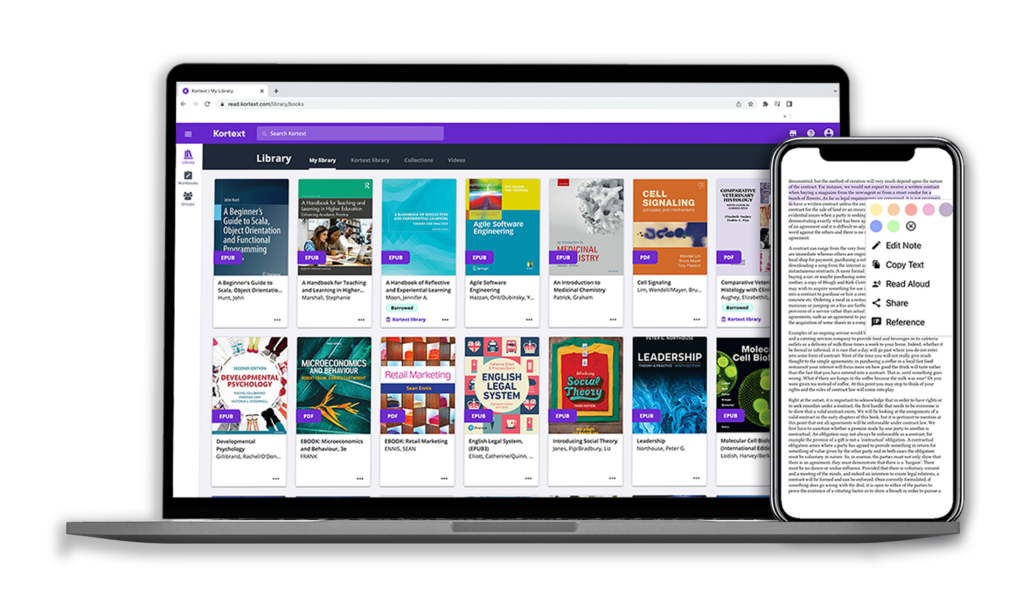Perceived value of higher education remains strong
Despite the cost of living crisis and fierce competition for places, universities saw significant growth in the number of applicants and acceptances from 18-year-olds in 2022, increasing by 4% from 2021 and by 16% on 2019 pre-pandemic levels (equating to 16,580 and 55,930 students respectively). This supports the view that 18-year-olds still see huge value in university education and the HE experience, and continues to quell the original thought that the surge in applicants and acceptances during the pandemic was an anomaly due to grade inflation.
Testament to the efforts universities are putting into fair and widening access initiatives, the UCAS data also highlighted a record increase in the number of 18-year-olds from the most disadvantaged areas in the UK being accepted onto a course (up 4.9% y-o-y).
But if UCAS is correct and university applications increase to seven figures, what does this mean for institutions?
Balancing rising student numbers with a quality student experience
In its simplest terms, more students means more money for the university, and with tuition fees frozen for the next two years, increasing their student numbers may seem like the best option. However, to succeed, universities will need to balance growing their student body with upholding quality teaching standards, and continue to address prominent issues affecting the student experience such as the cost of living, student mental health and building a culture of belonging. Without this, the cost of student dropouts will quickly dampen any excitement around potential profit increases.
And with Condition B3 of the Office for Students’ (OfS) regulatory framework requiring universities to measure and report on student continuation and completion, driving student progression – keeping them engaged – is more important now than ever before.
Swapping physical infrastructure to digital infrastructure
And then there’s university infrastructure to consider. Universities only have so much by way of physical real estate and some have even sold off buildings that have become “surplus to requirements” since the pandemic. Whilst many will be able to secure funding for new facilities and bigger learning spaces (like the university library) to serve an increased student population, many won’t. For these universities, digital solutions will continue to dominate and we’re likely to see an increase in digitally-enhanced learning to help manage student numbers on campus. We may even see further growth in the development of fully digital degrees.
If students are expected to study off campus or online – even in part – fair, flexible and easy access to their course content is essential, regardless of their mode of study.
Provide fair access with an e-first university library
Moving to an e-first library model ensures students can access their books digitally to study anytime, anywhere and on any device. By choosing eBooks and eTextbooks through Kortext, delivered through our world-leading eBook and smart study platform Kortext Arcturus, university libraries can support a growing student body, whatever their mode of study, by tapping into:
- Seamless systems integration
Integration with the university’s digital ecosystem, driving sophisticated discovery, selection and acquisition workflows. - Kortext’s broad aggregation capability
A vast inventory of 4m eBooks/eTextbooks, open resources and educational videos from 4,700+ publishers like Wiley, Oxford University Press, Pearson and McGraw Hill. - A growing open resources collection
The Kortext Open Resources Collection is a curated and growing collection of 11,000+ OER/OA titles available to every student and academic. - Personalised study experience
Read through the Kortext Arcturus smart study platform, Kortext’s eBooks come with a host of advanced learning tools to help students study efficiently and effectively, and deeply engage with their course content.
- Market-leading analytics
Review content usage and student engagement with our detailed learner analytics dashboard, offer both summaries and more granular data right down to individual book and student level, so you can see what’s working and what isn’t.
To find out how your university library can benefit from partnering with Kortext to offer an e-first experience, get in touch with the Kortext team today. Alternatively, check out our case studies to see how Kortext has partnered with other universities to deliver successful eTextbook programmes loved by students.

